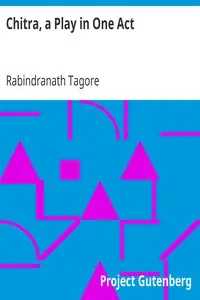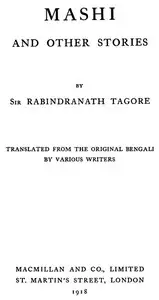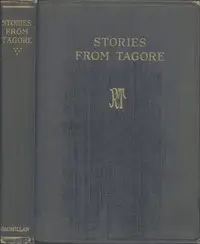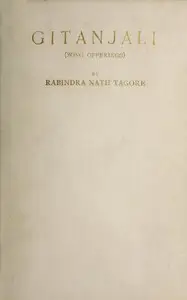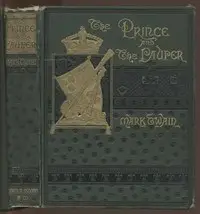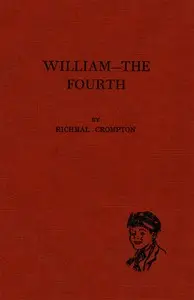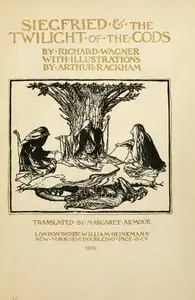"The Cycle of Spring" by Rabindranath Tagore is a lyrical drama written in the early 20th century. This work merges elements of poetry, drama, and philosophy to explore themes of youth, renewal, and the cyclical nature of life, particularly as it relates to the transition from winter to spring. The narrative is centered around the symbolic representation of the seasons, capturing the essence of spring and its timely arrival as a metaphor for rebirth and the invigorating power of nature. The story unfolds through the interactions of a group of youths who embark on a quest to capture the personification of old age, referred to as the "Old Man." Composed of vibrant characters, including the Leader, Chandra, and Dada, the youths engage in playful dialogues filled with whimsy and philosophical musings. Their journey leads them to confront not just the old man's perceived wisdom but also their own struggles with the passage of time and the inevitable changes that come with growth. The play ultimately celebrates the assertion of youth, the beauty of life in all its forms, and the idea that renewal is an inherent part of existence. Through music and song, the characters express their joy and acceptance of life's cyclical rhythm, reinforcing Tagore's appreciation for nature and the spirit of youth. (This is an automatically generated summary.)
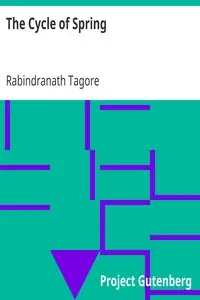
The Cycle of Spring
By Rabindranath Tagore
The greater part of the introductory portion of this drama was translated from the original Bengali by Mr. C. F. Andrews and Prof. Nishikanta Sen, and revised by the Author.
Rabindranath Tagore was a Bengali poet, writer, playwright, composer, philosopher, social reformer, and painter of the Bengal Renaissance. He reshaped Bengali literature and music as well as Indian art with Contextual Modernism in the late 19th and early 20th centuries. Author of the "profoundly sensitive, fresh and beautiful" poetry of Gitanjali, in 1913 Tagore became the first non-European and the first lyricist to win the Nobel Prize in Literature. Tagore's poetic songs were viewed as spiritual and mercurial; where his elegant prose and magical poetry were widely popular in the Indian subcontinent. He was a fellow of the Royal Asiatic Society. Referred to as "the Bard of Bengal", Tagore was known by the sobriquets Gurudeb, Kobiguru, and Biswokobi.

